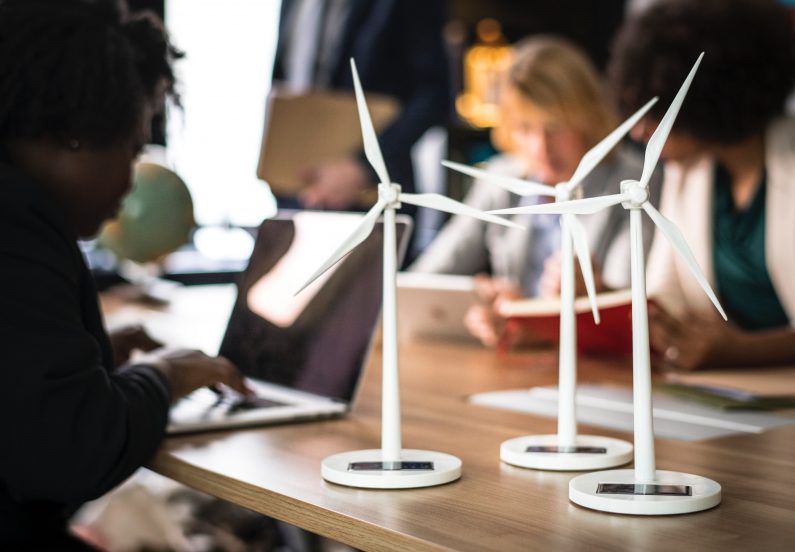The construction of new buildings requires the design and employment of classy systems which has significantly overlapped the structure’s plumbing. To ensure the systems are designed properly and executed right with a high level of complexity it is a good idea to have a plumber with a general engineering degree as part of your team.
What Is a Plumbing Engineer?
A plumbing engineer can be completed as one course or a qualified engineer can go on to do a plumber’s course or the other way around. They are involved with the design, planning and the construction of the infrastructure that are related to plumbing like drainage or water supply. Their role will overlap the mechanical and civil engineering. As the systems, they work on are standard plumbing, water supplies and drainage that is on a large scale. Some of the specialized work they can so includes stormwater, sewer drains, fire suppression systems and domestic water access. Plumbing engineers are involved in making systems that affect the security and safety of the new building. They will work in with or under supervision from a licensed civil, mechanical or fire protection engineer, they will focus on the concept to integrate essential elements and characteristics of the design of the structure while they are supporting the natural systems of recycling water, waste and air.
Plumbers with an engineering degree can contribute to the following constructions:
- Sanitary sewer: they can be responsible for designing the sanity system from building along to the point where it will connect to the municipal sewer or an on-site disposal system. This will help to control the standard system and wastewater that will accumulate with daily activities within the building. Apart from that, engineers can also help to fix the drains or the sewer system, if needed.
- Portable/domestic water: clean and portable water is important, and the plumbing engineer takes control of the system to ensure there is a safe water supply for the building. The engineer will create the system to go to plumbing fixtures, process equipment, fire suppression systems and irrigation systems plus cleaning systems.
- Domestic hot water: the plumber will ensure there is a proper supply of hot water to be used in the building. If they have an engineering degree they can also design and implement the hot water heaters, distribute the piping network and safety devices.
- Stormwater systems: rainwater, snowmelt and stormwater drainage will form a huge element of a builders plumbing needs. A plumbing engineer will create a system that is required to keep the structure clear of stormwater and free from water damage from flooding.
Plumbers and engineers alone are separate and are limited to what they can and can’t do. If a plumber has an engineering degree, there is so much more they can do than simply handling sewer blockage and it will mean hiring the one person to do various jobs than hiring a plumber and engineer separately that can be costly.
Plumbing engineers can play a big role in any industry, including the renewable energy industry, which has been placed on as high importance after the recent UN climate action summit. In the following section, we will talk a bit about renewable energy.

What makes renewable energy so important?
Renewable energy is growing significantly but some people are wondering why technological advances are so important. Before you try and understand why renewable energy is important it is important that you know exactly what the term really means.
What is renewable energy?
Renewable energy is a system that allows the clean energy to be generated for a sustainable natural source which can then be constantly replenished.
Examples of these energy sources are wind turbines, solar panels, marine energy, hydropower, bioenergy, geothermal energy.
Why is it better for the environment?
There are many forms of traditional electricity generations that are revolving around burning fossil fuels which will then create greenhouse gases. When different resources like coal are burnt there are big amounts of water that get used where lead and arsenic are leaked into surrounding surface waters. Nitrogen oxides, carbon dioxide, sulphur dioxide fumes and mercury are all released into the air that we breathe. Renewable energy sources mean these fuels are eliminated which will help your electricity supplier to lower its carbon footprint.
This will aid in helping the environment as it will lower the thermal pollution water and waste consumption which the science community believe to be a factor in climate change.
The results of climate change can damage the agriculture industry, spread tropical diseases, worsen the animal extinction and limit water supplies.
Should we be concerned about resources?
Petroleum, coal and other fossil fuels are only in limited amounts meaning when they are gone, they are gone. There are risks involved in searching for these resources, for example, some are buried deep in the ocean or underground. This means more expense and time consuming as time goes on.
Renewable energy can be relied on always as it is a safe and easy to use source and is naturally replenishable.
Advantages of clean energy
Renewable energy does not emit greenhouse gases during the energy generation process which is what makes it the cleanest and a viable solution in order to prevent the environmental degradation.

